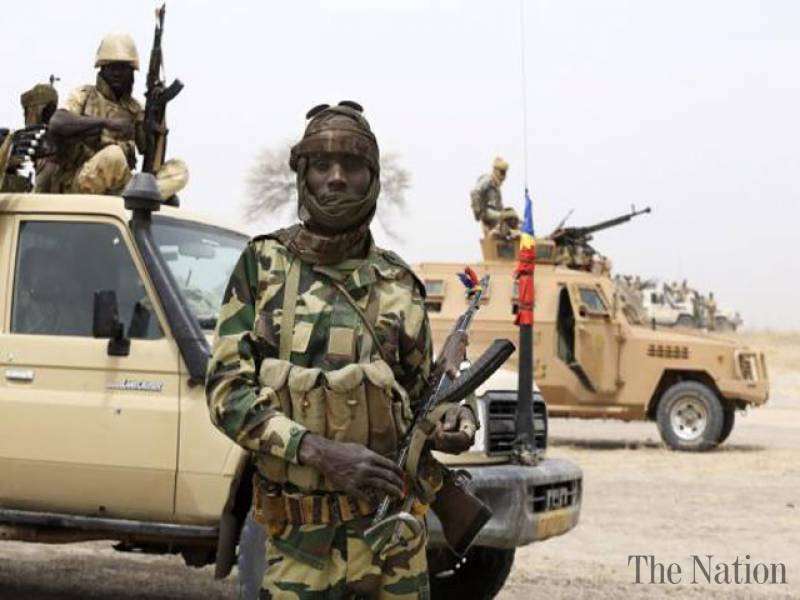-
Tips for becoming a good boxer - November 6, 2020
-
7 expert tips for making your hens night a memorable one - November 6, 2020
-
5 reasons to host your Christmas party on a cruise boat - November 6, 2020
-
What to do when you’re charged with a crime - November 6, 2020
-
Should you get one or multiple dogs? Here’s all you need to know - November 3, 2020
-
A Guide: How to Build Your Very Own Magic Mirror - February 14, 2019
-
Our Top Inspirational Baseball Stars - November 24, 2018
-
Five Tech Tools That Will Help You Turn Your Blog into a Business - November 24, 2018
-
How to Indulge on Vacation without Expanding Your Waist - November 9, 2018
-
5 Strategies for Businesses to Appeal to Today’s Increasingly Mobile-Crazed Customers - November 9, 2018
Boko Haram violence has forced one million children from school
Violence and attacks against civilian populations in the North-East of Nigeria and its neighbouring countries have forced “a staggering” one million children out of school, UNICEF says.
Advertisement
This was contained in a statement issued by UNICEF’ West and Central Africa regional director Manuel Fontaine.
Boko Haram’s insurgency has killed about 20,000 people and displaced millions, according to Amnesty International.
In the areas where schools have re-opened many teachers must do a double shift, while in the more insecure areas teachers refuse to work and discourage parents from sending children to schools.
It said that across Nigeria, Cameroon, Chad and Niger, over 2,000 schools remain closed, some schools for more than a year, due to the conflict. Only one of 135 schools, closed in North Cameroon in 2014, was reopened this year.
Our correspondent says many schools in north-eastern Nigeria, especially in Borno state, have turned into camps for those who have been forced from their homes. However, in 2016, Unicef said it needs almost $23 million to provide education for children affected by conflicts in the four countries.
Boko Haram has additionally targeted schools due to the resistance to Western education, which it considers corrupts the worth of Muslims. The lack of education is likely to fuel further radicalism, because “the longer they stay out of school, the greater the risks of being abused, abducted and recruited by armed groups”, the UN’s children agency warns.
“Together with governments, NGOs and other partners, UNICEF has set up temporary learning spaces, renovated and expanded schools, reaching 67,000 children”. “There was already a problem with getting kids to school on a regular basis that simply became worse once Boko Haram emerged”, Yan St-Pierre, terrorism analyst at Modern Security Consulting Group, told The Guardian.
Advertisement
Boko Haram, which literally means Western-style education is sin, is mostly based in northeastern Nigeria but has of late spread its campaign by launching attacks in neighboring Cameroon, Chad and Niger, with an aim to establish an Islamic caliphate.





























